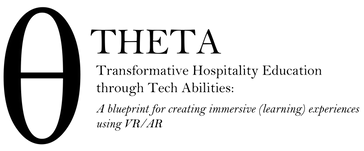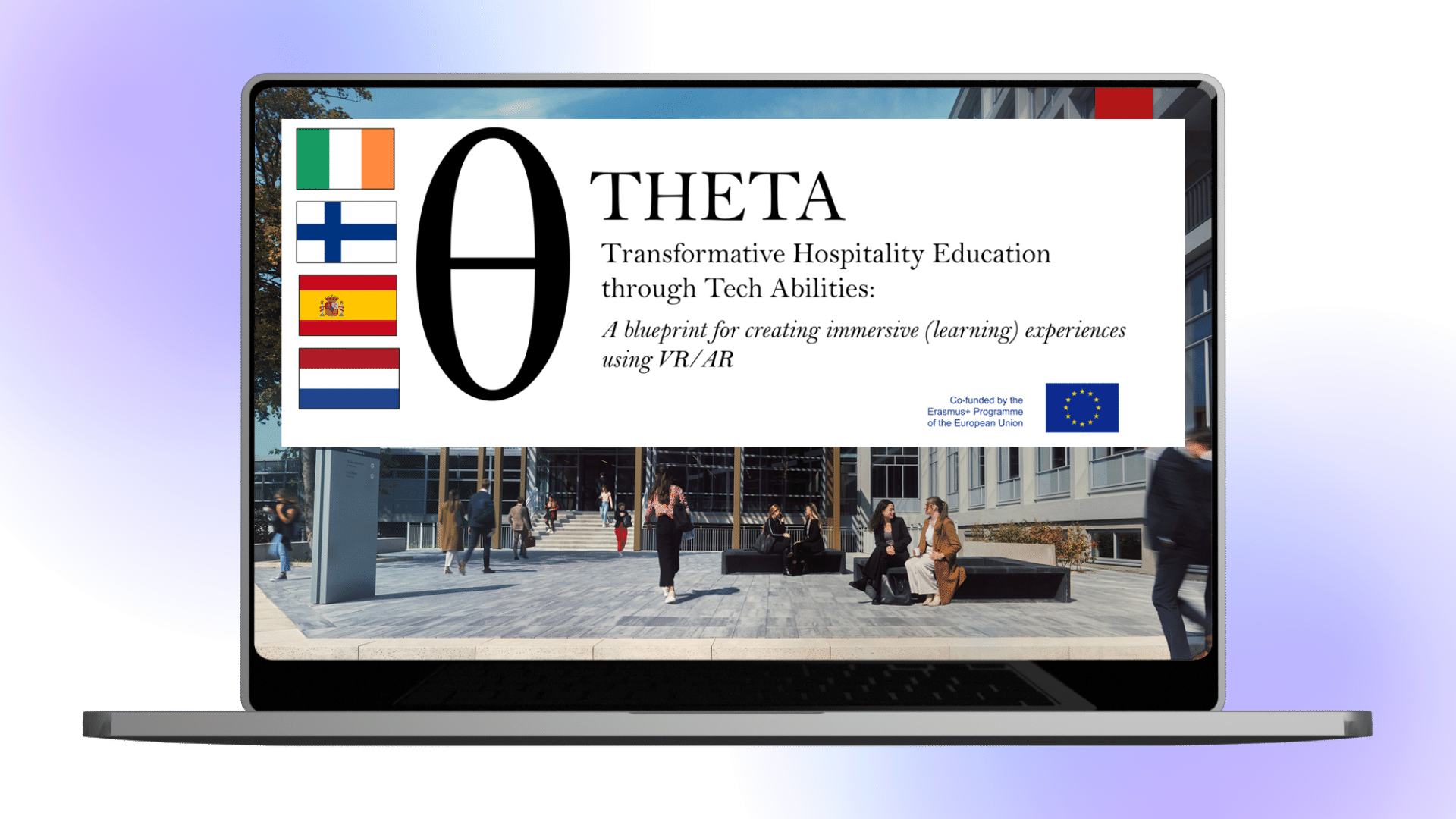IO-3
AR/VR Learning Research
In the third Intellectual Output (IO3), the project focuses on research to evaluate the effectiveness of new educational approaches using XR technology and their impact on learning experiences. This research plan aims to address several key questions, including educators’ and students’ learning needs, meeting learning objectives, enhancing enthusiasm in online learning, supporting creativity in virtual contexts, and effectively innovating in virtual and online settings.
The innovative aspect of this research lies in its use of advanced technological tools to measure human emotions and experiences in both real and virtual contexts. Haaga-Helia has invested in state-of-the-art emotion and interaction laboratories, utilizing biometrics, eye-tracking, and emotional intelligence algorithms to understand emotional reactions in various learning environments.
The research approach is iterative, with multiple rounds of planning, execution, and reporting. This continuous process generates valuable data for education planners to improve content and methods. It is expected to result in four scientific articles, contributing to a deeper understanding of XR-based education.
This research’s digital nature makes it broadly applicable and sustainable, with potential transferability to various institutions beyond hospitality education. The methodology includes action research and constructive research approaches, tailored to construct effective technology-assisted education. The key tasks involve developing a detailed research design, creating an information delivery system, conducting research projects, and reporting findings to inform the ongoing development of IO1 and IO4.
Deliverables
Learning Effectiveness of AR/VR prototypes in Hospitality Education
Govender, P.D. et al (2024), submitted to the INC Conference as conference proceedings.
Measuring the Impact of Augmented Reality on User Engagement in Virtual Learning Experiences
Loijas et al, 2024. In review process of Strategic Choice Journal as of 3/2024.
Application of the System Usability Scale to Prototypes of Tourism and Hospitality Education in Extended Reality of the THETA project
This study investigates the usability of extended reality (XR) prototypes in the field of tourism education, focusing on the evaluation…



